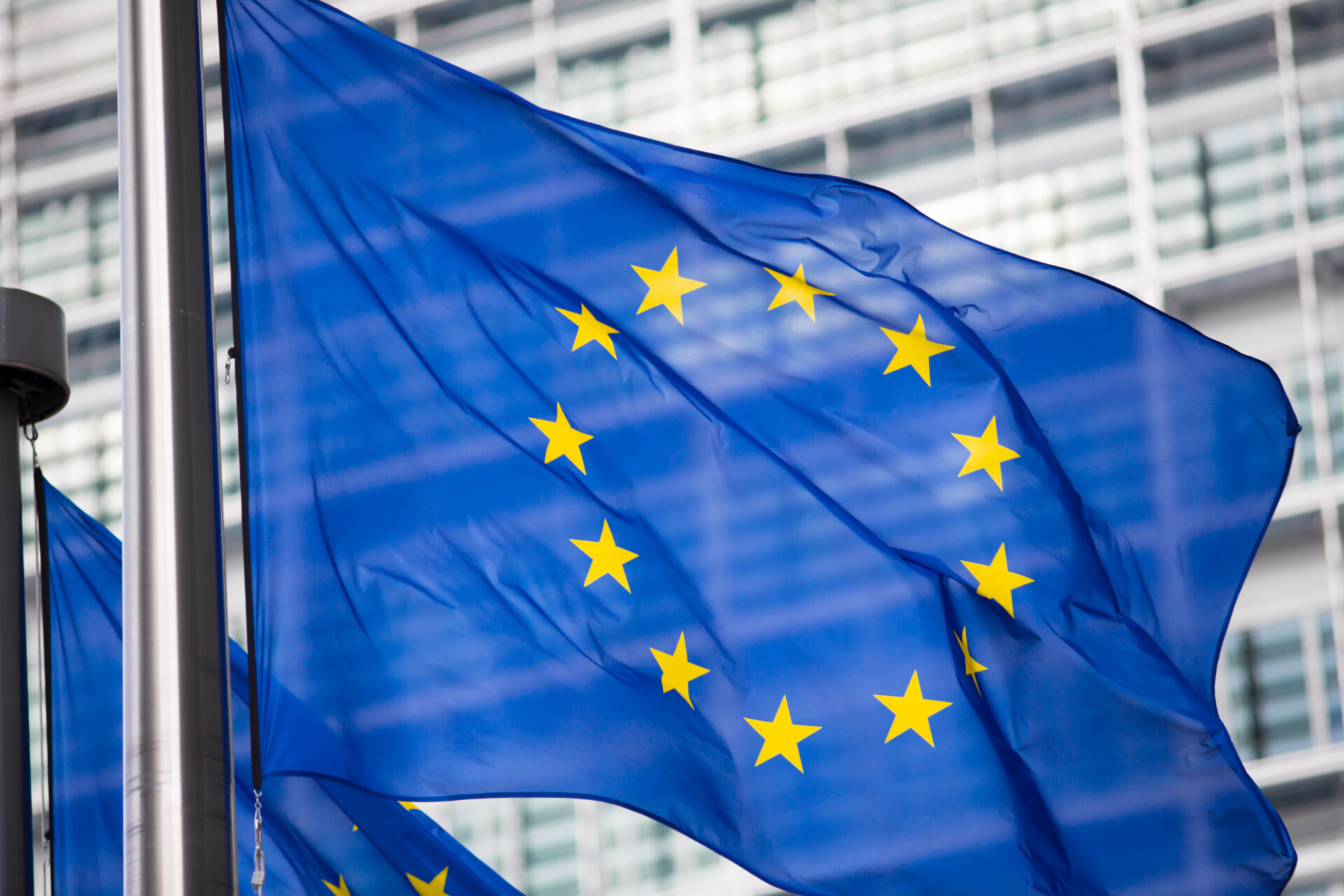
Statement: EU Omnibus Proposal
EU Omnibus Proposal: Far-reaching Adjustments to Reporting Requirements in Sight
The European Commission has presented a draft law to simplify EU regulations in the form of the “Omnibus Package”, which significantly changes sustainability reporting in particular. According to the EU Commission, the aim of this is to reduce the administrative burden on companies and thus strengthen competitiveness within the European area.
What will change?
The draft proposes limiting the reporting requirements of the CSRD (Corporate Sustainability Reporting Directive) to companies with more than 1,000 employees. This would exempt around 80% of the companies previously affected from the requirement. In the future, they could opt for voluntary reporting based on a simplified standard. In addition, the start of the reporting requirement for companies that would originally have been required to report in 2026 or 2027 would be postponed to 2028.
The EU taxonomy reporting associated with the CSRD is also to be simplified and in the future will only affect the largest companies (> €450 million in sales revenue and over 1,000 employees), while others can report voluntarily.
In addition, the content of the due diligence requirements in the supply chain under the Corporate Sustainability Due Diligence Directive (CSDDD) is also to be simplified. Under the new directive, companies will only have to conduct the sustainability risk analysis for their direct business partners and will be able to review the due diligence requirements less frequently – every five years instead of annually. The start of the CSDDD would be postponed to July 2028.
Last but not least, the carbon border adjustment mechanism (CBAM) is also affected by the “omnibus package” and is intended to exempt small and medium-sized companies in particular from the obligation in the future.
What does this mean for companies and how should they react?
The “Omnibus package” will now be submitted to the European Parliament and the Council for consideration and adoption. It therefore remains uncertain whether and to what extent the changes will actually be implemented.
Companies should first assess the extent to which they would continue to be affected by regulatory requirements in the EU and at what point in time. Sustainability management should be strategically developed in line with company circumstances and stakeholder requirements. In addition, it is important to assess individually how sustainability reporting can be meaningfully implemented in the future. Regulatory developments should also continue to be monitored.
Companies should not interpret the proposed adjustments to the Omnibus package as a sign that sustainability is becoming less important. Rather, they should see them as an opportunity to focus more on effective sustainability projects and to develop and communicate them in a targeted manner. If you are unsure which steps are right for your company, we at Swiss Climate will be happy to help.
back